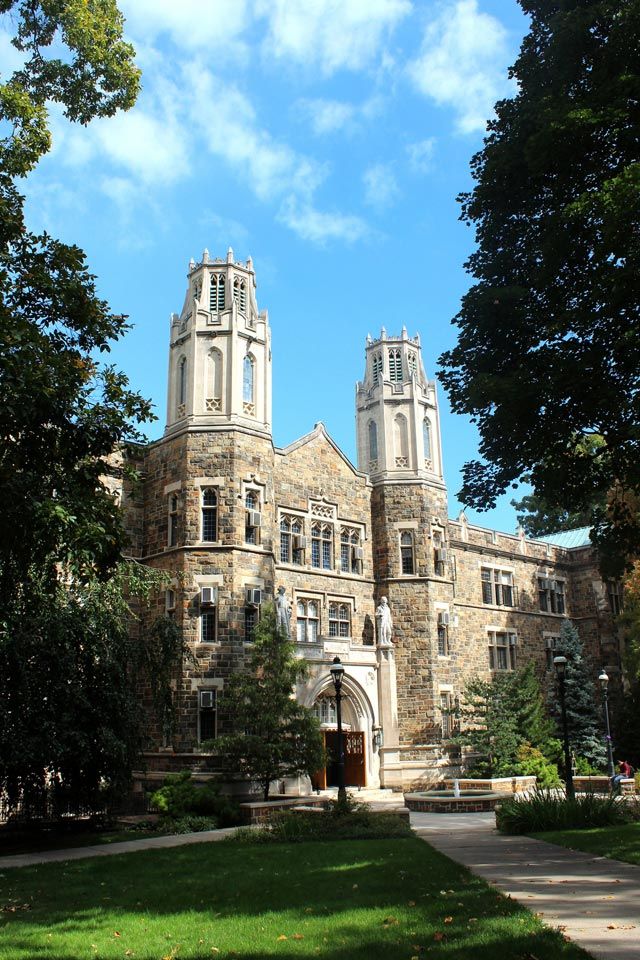The nation’s electrical grid could one day become more robust against blackouts or sabotage in part because of a Lehigh researcher who is working to improve the function and reliability of spatially distributed systems with sparse connection points.
“Spatially distributed systems represent a class of complex networks that is critical to diverse sectors of society,” says Nader Motee, an assistant professor of mechanical engineering and mechanics who runs the university’s Distributed Control and Dynamical Systems (DCDS) Laboratory.
“But we have little rigorous knowledge when it comes to understanding their structural, dynamic and holistic behaviors.”
Network science uses novel mathematical methods, paradigms and models, and other tools to understand the robustness and fragilities of the electrical grid, information networks, and biological and social networks.
“In most of today’s large-scale systems, automatic control implementations are still spatially centralized,” says Motee. “The controller interfaces with the physical system at a fixed and relatively small number of actuators and sensors.
“Recent advances have opened up new possibilities to change this picture by making feasible small devices with actuating, sensing, computing and telecommunications capabilities.”
Distributing these smaller devices across vast spaces, like those at wind and solar farms, could provide high-performance, resilient networks and give operators unprecedented abilities to control them, says Motee. Another scenario is to create a surveillance network by employing 5-square-inch “microvehicles” capable of operating on land and in the air to help provide vital information to help people in case of fire in large buildings.
“Our goal is to develop fundamental insights and tools that allow us to exploit the architectural properties of spatially distributed dynamical networks to design optimal controllers,” Motee says. “This requires the development of new theoretical foundations, which blend ideas from control theory, applied mathematics and optimization theory, as well as biology.”
Motee recently received the Young Investigator Award from the Air Force Office of Scientific Research for a research project titled “Compressive Feedback Control” theory, which allows him to design and implement localized controllers for spatially distributed systems “by means of spatial truncation techniques, regularization methods, and exploitation of algebraic properties of the underlying systems.”

